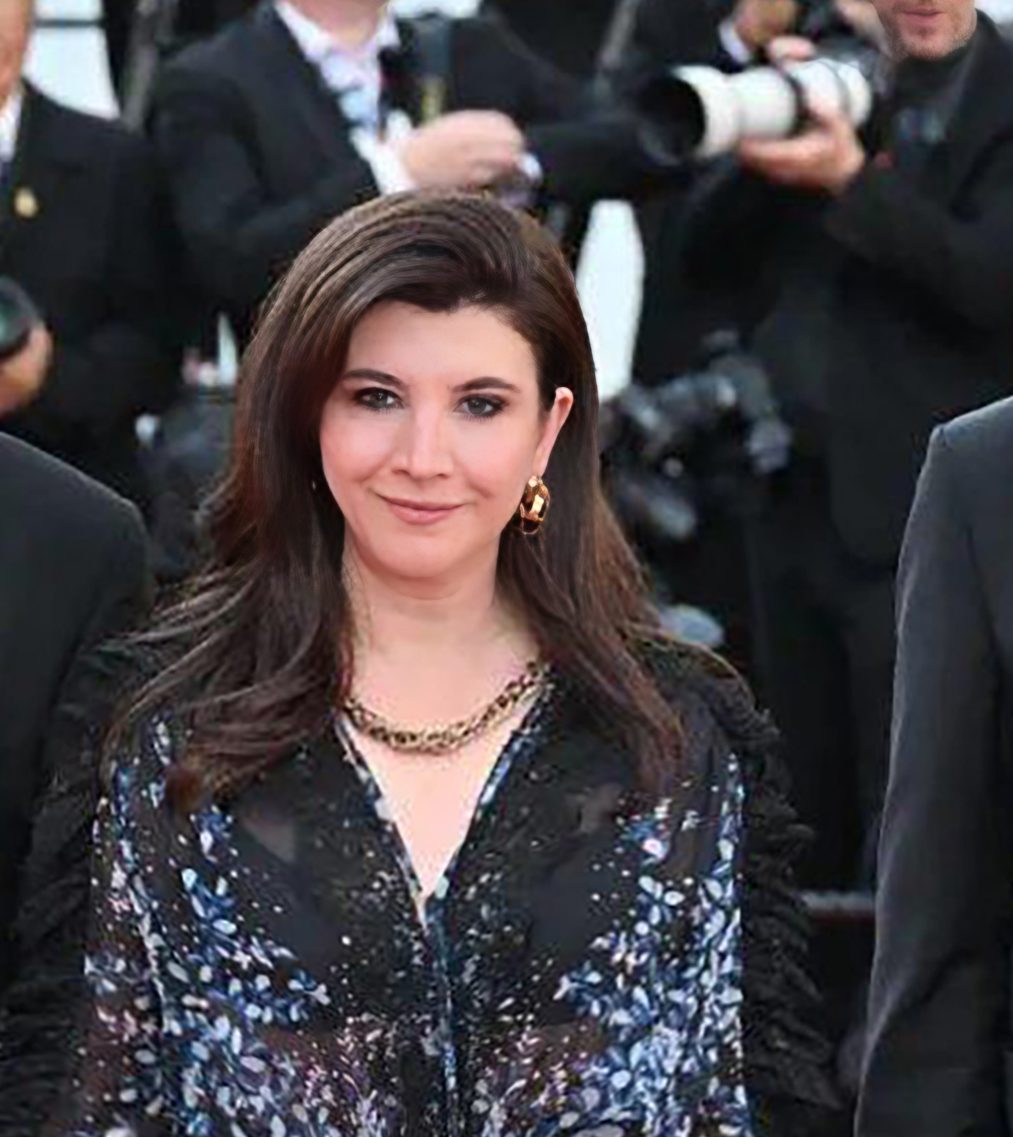
What It’s Like to Be on Cannes Jury: Ebru Ceylan Interview
Ebru Ceylan, a noted Turkish photographer and the wife of director Nuri Bilge Ceylan, brought her unique vision and artistic sensibility to the jury at this year’s Cannes Film Festival.
Along with Nuri Bilge Ceylan, she has co-written screenplays for a best director award winner (“Three Monkeys,” 2008), a Grand Prix winner, “Once Upon a Time in Anatolia,” 2011), a screenplay winner (“About Dry Grasses,” 2023) and a Palme d’Or winner (“Winter Sleep,” 2014) at the Festival de Cannes.
Ebru Ceylan joined other jurors, including filmmaker Greta Gerwig and actress Lily Gladstone, at the 77th edition of the Cannes Films Festival, which ran May 14-25. She talked about her journey, inspirations, and experiences at Cannes.
Can you tell us about your jury experience in Cannes?
It is difficult for people with very different understandings of cinema to come together and decide. A good movie or a bad movie is very personal. As a jury, it is impossible to establish an extremely subjective relationship with films. What makes you love a movie is often feeling within you. But more is needed to defend the film. If you try to be driven by rules, you will be left with didactic rules and comparisons, which are never enough to evaluate a movie. Even if a cinematic rule applies in one movie, it may not work in another. Sometimes, a movie that defies all rules and turns everything upside-down can still be a movie you love. So, the bottom line is that there is no single truth to this matter.
Although awards have essential effects on films and film culture, they may not always successfully reveal a film’s profound reality and value. I think it is necessary to make an extra effort to minimize this handicap and to fulfill this responsibility as accurately as possible. That is why we worked extra hard, talked about movies, discussed them, and exchanged ideas. It was a very instructive and mind-expanding process.
Being a juror was an exciting and motivating marathon in which you think about precisely what you are impressed with, look for ways to express it to the other person entirely, and try to highlight the films you support and your understanding of cinema, considering the possibilities and balances.
This year, 22 films competed in the main competition at the festival, so we had to watch almost three movies every day.
In the main theater (Lumiere), where the competition films are shown, the jury watches the film from a box reserved for them and their relatives. We gathered every two days in a meeting room reserved for the jury in the festival’s main building to chat about the films we had watched. We briefly shared our opinions about the films without going into too much detail.
On the day of the awards ceremony, they picked us up from our hotels in the morning and took us to a private villa just outside Cannes. Our phones were collected, in case the results were leaked.
After a contentious meeting and hours of voting, we sat at a table prepared for us among the trees in the villa’s garden. Festival president Thierry Fremaux was also present at this last meeting but as a spectator, without being involved in any decision.
With the relief that the discussion was over, without our phones, we tried to enjoy the silence, nature, the sun, and the relief of having completed our mission without incident.
We were taken directly to the festival building as the closing ceremony approached. Closing rehearsal, dressing, preparation, etc., were done in the preparation rooms reserved for us in the festival building to avoid any risk to the confidentiality of the results. From there, we were brought to the red carpet to enter the awards ceremony without interacting with anyone — afterward, the award ceremony and festival dinner. Our phones were only given back after the ceremony.
It is a long and tiring marathon, both physically and mentally, as there are not only movies to watch but also many side events such as invitations and meals to be attended. For this reason, they kept the comfort and convenience of the jury at an extremely high level.
What kind of jury president was Greta Gerwig?
Greta Gerwig is an egoless, lovely, emotional, and extremely gentle person who naturally has an essential characteristic that a creative artist should have being interested in others. The burden on her was undoubtedly more significant, but she managed and completed the process cheerfully and open-heartedly, making us feel at ease. She even set up a WhatsApp group for us to communicate after the festival. She was a person I was happy to know.
What was your typical day like during the festival?
After waking up early and having breakfast at the hotel, I reviewed the writings about the films shown the previous day. Many jury members said they do not look at what was written to avoid being influenced, but I was looking at it and told them. Afterward, I would walk on the beach with Nuri Bilge (Ceylan) and watch movies that would last all day until midnight.
Was there a moment or experience at the festival that impressed you?
One afternoon, during a brief break of only one hour, we went to the mayor of Cannes for a quick lunch in the garden of the old church in the Cannes castle. Suddenly, the music I used in my short film “Kiyida,” which competed at Cannes, started playing in the open air. They researched and found something that had a unique professional meaning for each jury member. It created a strange and beautiful feeling for us.

